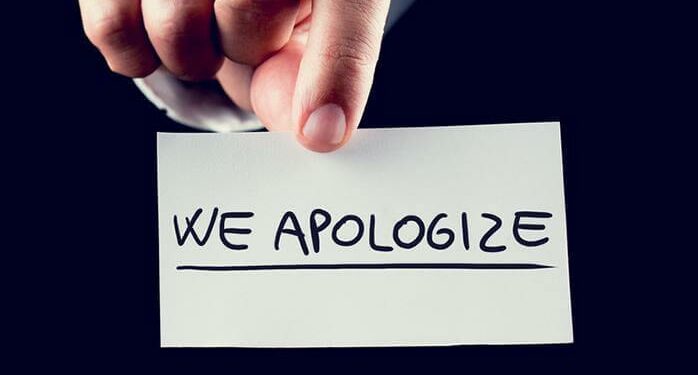In a recent controversy surrounding comments made about Vice President Kamala Harris’ race, pop icon Janet Jackson is setting the record straight. Reports have emerged that Jackson did not authorize an apology for remarks made by a representative regarding Harris, as reported by USA TODAY. The issue has sparked debate and raised questions about accountability and representation in the media.
Table of Contents
- Janet Jackson Refutes Authorization of Apology for Comments about Kamala Harris
- Representatives Clarify Janet Jacksons Position on Controversial Statements
- Insights into the Alleged Apology and its Repercussions
- Recommendations for Addressing Issues of Race and Representation in Public Discourse
- Q&A
- To Conclude
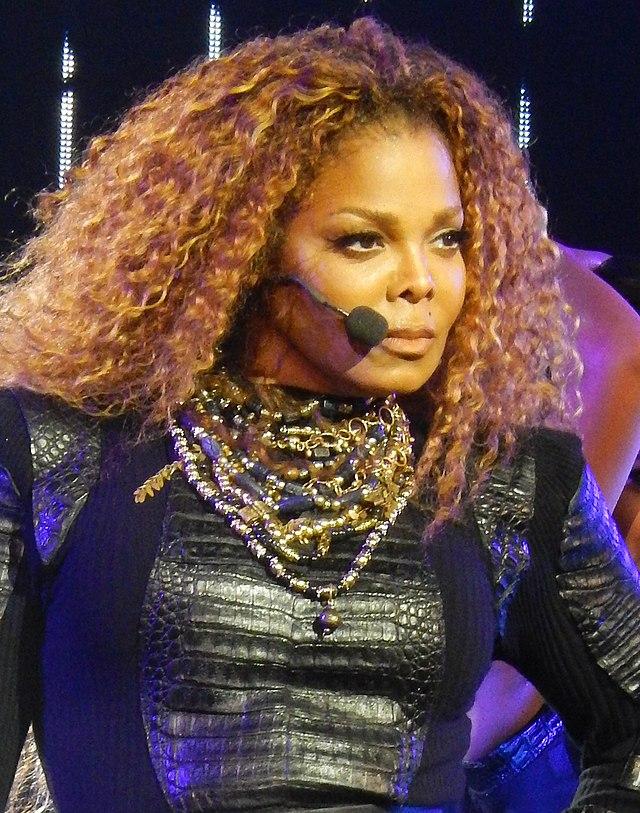
Janet Jackson Refutes Authorization of Apology for Comments about Kamala Harris
Representatives for Janet Jackson have come forward to clarify that the recent apology issued regarding comments made about Kamala Harris’ race was not authorized by the singer herself. The apology, which was posted on social media, stated that Jackson regretted her comments and recognized the harm that they caused. However, according to her representatives, Jackson did not approve the apology and stands by her original statements.
It remains unclear who was behind the unauthorized apology and what their motivations were. Despite the confusion, Jackson’s representatives are adamant that she did not intend to apologize for her remarks about Harris. The controversy surrounding the comments has sparked a debate about race, identity, and accountability in the entertainment industry.
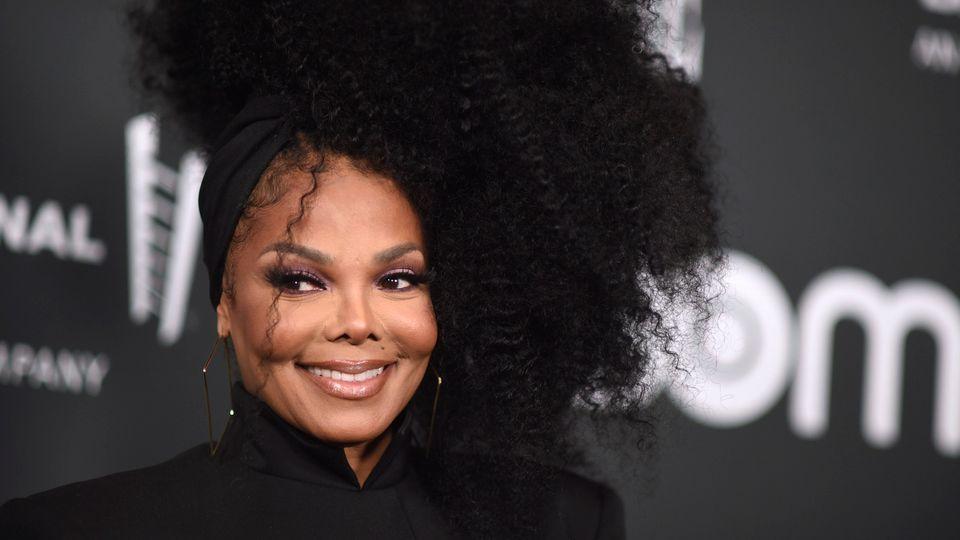
Representatives Clarify Janet Jacksons Position on Controversial Statements
Representatives for Janet Jackson have clarified that the recent apology issued for comments about Kamala Harris’ race was not authorized by the iconic singer. In a statement released today, Jackson’s team emphasized that the apology was not reflective of her true feelings and that the controversial statements were taken out of context. This clarification comes after speculation surrounding Jackson’s views on race and politics following the apology.
According to sources close to Jackson, the singer stands by her original statements and believes that she has the right to express her opinions openly and honestly. Her representatives have stated that Jackson is committed to addressing important issues related to race and social justice, and that any misinterpretation of her comments should be corrected. Moving forward, Jackson’s team is working to ensure that her views are accurately portrayed in the media and that she is given the opportunity to clarify any misunderstandings that may arise.
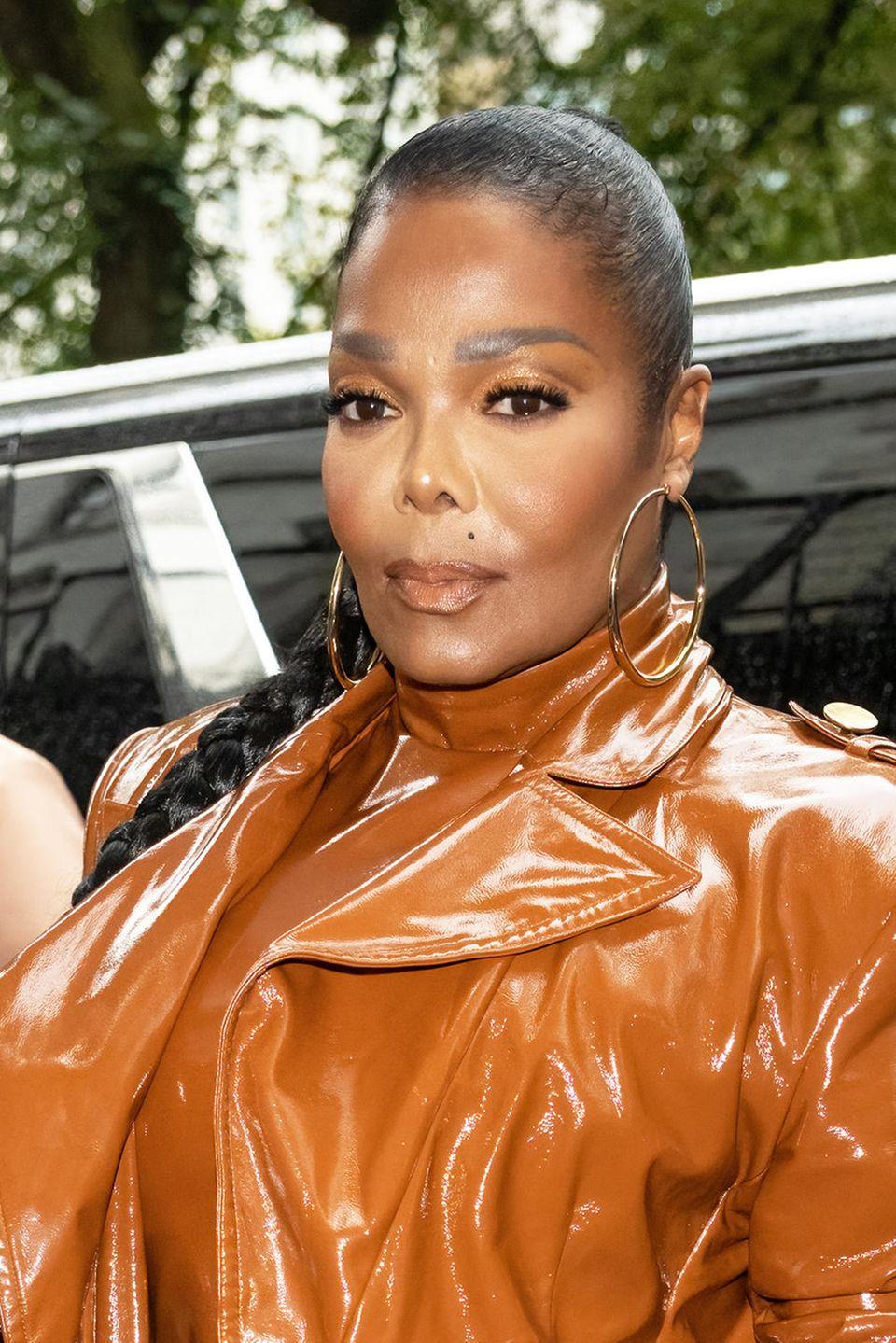
Insights into the Alleged Apology and its Repercussions
Representatives for Janet Jackson have denied authorizing an apology for recent comments made about Kamala Harris’ race. The controversy stems from remarks made by a member of Justin Timberlake’s team, which were later followed by a public apology. However, Jackson’s representatives have come forward to clarify that she did not sign off on the apology, raising questions about the sincerity and intentions behind the statement.
The alleged apology has sparked a debate about the importance of taking responsibility for one’s words and actions, especially in a highly politicized and sensitive climate. With the upcoming election and ongoing discussions about racial equality, the implications of this incident are far-reaching. Many are questioning the motives behind the apology and whether it truly reflects Jackson’s beliefs or was merely a strategic move to quell backlash. The incident highlights the complexities of navigating discussions around race and politics in the public eye, and serves as a reminder of the power and responsibility that comes with having a platform.
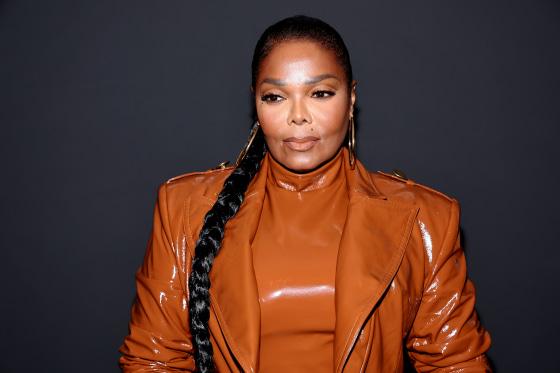
Recommendations for Addressing Issues of Race and Representation in Public Discourse
It was recently reported that Janet Jackson did not authorize an apology for comments made about Kamala Harris’ race, according to representatives. This has sparked a discussion about the importance of addressing issues of race and representation in public discourse. In light of this incident, here are some recommendations for navigating conversations around race and representation:
- Listen to marginalized voices: It is crucial to center the perspectives and experiences of marginalized communities when discussing issues of race and representation.
- Engage in dialogue: Open and honest dialogue is essential for addressing sensitive topics like race. Encouraging respectful conversations can help foster understanding and empathy.
Q&A
Q: What comments were made about Kamala Harris’ race that sparked controversy?
A: Janet Jackson did not authorize an apology for comments made by a member of her team that questioned Kamala Harris’ racial background.
Q: What did Janet Jackson’s representatives say about the apology made on her behalf?
A: Janet Jackson’s representatives clarified that she did not authorize the apology and does not share the views expressed in the statement.
Q: How did the comments about Kamala Harris’ race come to light?
A: The comments were made during a conversation with a stranger, who later shared them on social media.
Q: What impact did the controversy have on Janet Jackson’s reputation?
A: The controversy sparked backlash and criticism towards Janet Jackson, as many people believed the comments were inappropriate and offensive.
Q: How did Janet Jackson personally respond to the controversy?
A: Janet Jackson has not publicly addressed the controversy or the comments made by her team member.
To Conclude
Janet Jackson’s representatives have clarified that she did not authorize an apology for recent comments about Kamala Harris’ race. This development adds another layer to the ongoing conversation surrounding race and politics in America. As the situation continues to unfold, it is important to approach discussions about important issues with nuance and respect. Stay tuned for further updates on this story as it develops. Thank you for reading.

